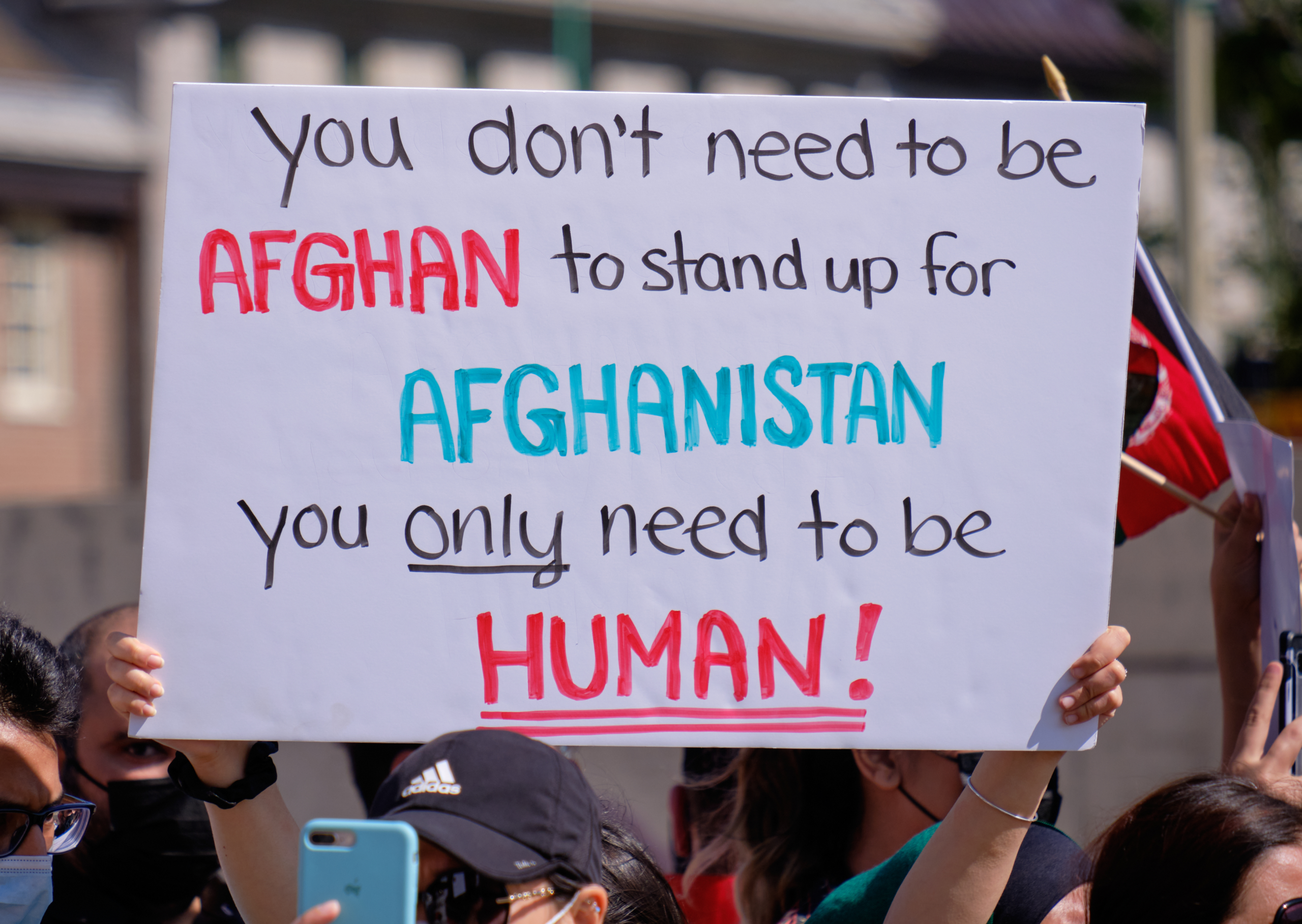Reinforcing Justice: The UN Human Rights Council’s Role in Addressing Afghanistan’s Human Rights Violations

By Cara Rau
The recent deliberations of the United Nations Human Rights Council (HRC) on the human rights situation in Afghanistan represent a critical moment that, unfortunately, did not result in the decisive action required to address the ongoing plight of Afghanistan’s citizens. Although the resolution acknowledges the necessity for accountability, it fails to establish clear mechanisms to hold perpetrators responsible and protect the rights of those suffering under the Taliban’s rule. This outcome not only misses a crucial chance to advance justice but also risks disillusioning the people of Afghanistan, including courageous activists, women’s rights defenders, journalists, and other civil society actors who bravely confront repression daily.
Escalating Human Rights Violations in Afghanistan
Since the Taliban regained control in 2021, the human rights situation in Afghanistan has deteriorated significantly. Women and girls face increasingly restrictive measures, most notably a near-total prohibition on their education. Journalists, activists, and ordinary citizens who dare to express dissent face intimidation, violence, and in some cases, extrajudicial actions. The Afghan justice system, currently dysfunctional, leaves victims with little recourse, while international mechanisms remain insufficient to provide accountability or relief.
The Human Rights Council Resolution: A Step Forward, but Not Enough
The resolution adopted by the Human Rights Council contains positive elements, notably the recognition of the need for a comprehensive approach to accountability, as proposed in the stocktaking process led by the UN Office of the High Commissioner for Human Rights (OHCHR). However, the resolution lacks the concrete steps necessary to tackle the entrenched impunity that permits violations to persist. A stronger commitment is needed to meet the calls for justice from the Afghan people.
The Human Rights Reality on the Ground
The return of the Taliban has reversed significant progress in the rights and freedoms of Afghan women. The imposition of severe restrictions, such as banning secondary education for girls, has drawn widespread condemnation, but little has changed. Women are confined to their homes, facing barriers in travel, employment, and public life. Journalists and activists, who risk exposing the regime’s abuses, are met with harassment, arbitrary detention, and even execution. Human rights defenders are similarly targeted, with increasing reports of torture and extrajudicial killings.
The Stocktaking on Accountability: A Missed Opportunity
In response to civil society’s advocacy, the Human Rights Council tasked the OHCHR with conducting a “stocktaking” on accountability options for Afghanistan. While the OHCHR report accurately assessed the gravity of the situation and underscored the need for a comprehensive accountability approach, it did not propose concrete measures to establish an independent international accountability mechanism. Instead, it emphasized examining violations from all parties over various conflict periods, but failed to outline actionable steps to pursue justice effectively.
The Responsibility of the International Community
The international community, and particularly the Human Rights Council, holds a responsibility to the Afghan people, who have long placed their hopes in international institutions. Upholding this responsibility requires more than symbolic gestures; it demands tangible action to establish justice. Failure to act decisively risks eroding the credibility of international bodies committed to human rights.
Decades of conflict have seen Afghans endure collapsed governments, foreign interventions, and shifting power dynamics. Despite these challenges, the hope that international principles of justice and accountability would prevail has persisted. However, the inability to establish an independent accountability mechanism is more than a missed opportunity—it is a disservice to the fundamental values that the United Nations espouses.
A Call to Action
For meaningful justice to be achieved, the international community must translate rhetoric into action. The following steps are crucial:
Establishing an Independent International Accountability Mechanism: An independent body should be tasked with investigating and prosecuting violations committed by all parties to the conflict, including the Taliban, the former Afghan government, and international actors.
Strengthening the Collection of Evidence: The UN should prioritize efforts to collect and preserve evidence of human rights violations, enabling future justice processes. This includes providing support to local and international human rights organizations operating on the ground.
Supporting Activists and Human Rights Defenders: The international community must enhance protection and support for human rights defenders, journalists, and activists in Afghanistan, who continue to face threats and persecution.
Conclusion
The people of Afghanistan have waited long enough. They deserve more than vague promises—they need a tangible commitment to justice. It is imperative that the international community, and especially the Human Rights Council, take the necessary steps to secure accountability for the atrocities committed against Afghanistan’s citizens. By acting decisively, we can restore hope and dignity to the Afghan people and affirm the UN’s commitment to human rights and justice.
The opinions presented in this article are those of the author alone and do not reflect the views or positions of ASI.
About the Author
Cara Rau is a research intern and international security analyst at ASI. She holds a Master’s Degree in Terrorism and Security Studies. She specializes in Open-Source Intelligence (OSINT), focusing on Jihadism in the Sahel, Mozambique, and the Democratic Republic of Congo (DRC).
